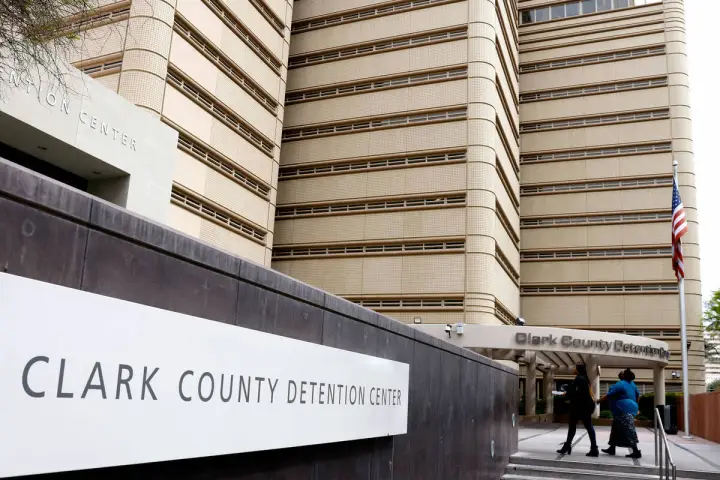The Metropolitan Police Department’s decision to re-enter a formal agreement with U.S. Immigration and Customs Enforcement (ICE) marks a significant policy shift, allowing officers at the Clark County Detention Center to perform immigration duties under the 287(g) program. This agreement enables corrections officers to serve ICE warrants and detain undocumented or wanted migrants, facilitating federal custody transfer.
The move comes amid Las Vegas’s unexpected classification as a “sanctuary” jurisdiction by the Department of Homeland Security, which could threaten federal funding due to perceived non-cooperation with immigration enforcement. However, Clark County Sheriff Kevin McMahill clarified that the decision to re-engage with ICE preceded this designation and was discussed over several weeks with national law enforcement associations.
The implementation of the “warrant service officer” agreement will involve training several officers, focusing on jail operations without extending to broader immigration enforcement. This step is part of existing procedures where Metro notifies ICE about detainees suspected of illegal residency accused of specific crimes, such as violent offenses and DUIs.
Despite this re-engagement, the American Civil Liberties Union of Nevada criticized the decision, citing a previous commitment by Metro not to use Nevada resources for federal immigration law enforcement. The organization argues that such actions undermine public trust and could conflict with state laws.
This development follows a broader national context where several jurisdictions are reassessing their cooperation with federal immigration policies. Notably, Las Vegas’s participation in the 287(g) program was withdrawn in 2019, but recent federal actions and legislative changes, such as the Laken Riley Act, have influenced current practices.
The situation highlights ongoing tensions between local, state, and federal authorities over immigration enforcement and the legal and community implications of such collaborations. As the debate continues, the impact on community relations and law enforcement practices remains a focal point of concern.

























